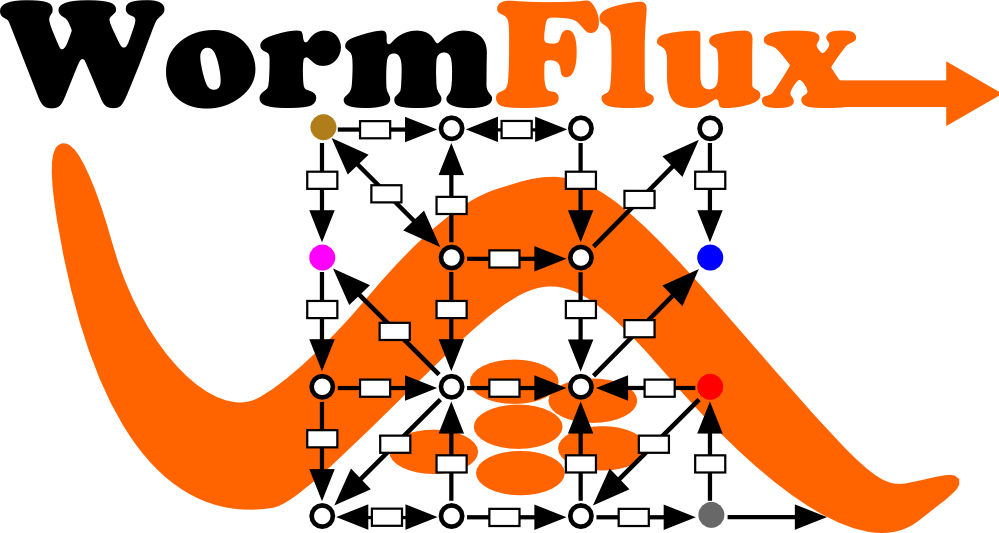
| Name ..................................................... | : | Glycolysis / gluconeogenesis |
| Related pathway (?) The pathway found in other databases to which this pathway is related. ..................................................... | : | ERROR |
| Number of reactions ..................................................... | : | 19 |
|
|
||
| In WormPaths (?) If the pathway is available as a WormPaths map you will find the name and link of map here. ..................................................... | : | Glycolysis / gluconeogenesis |